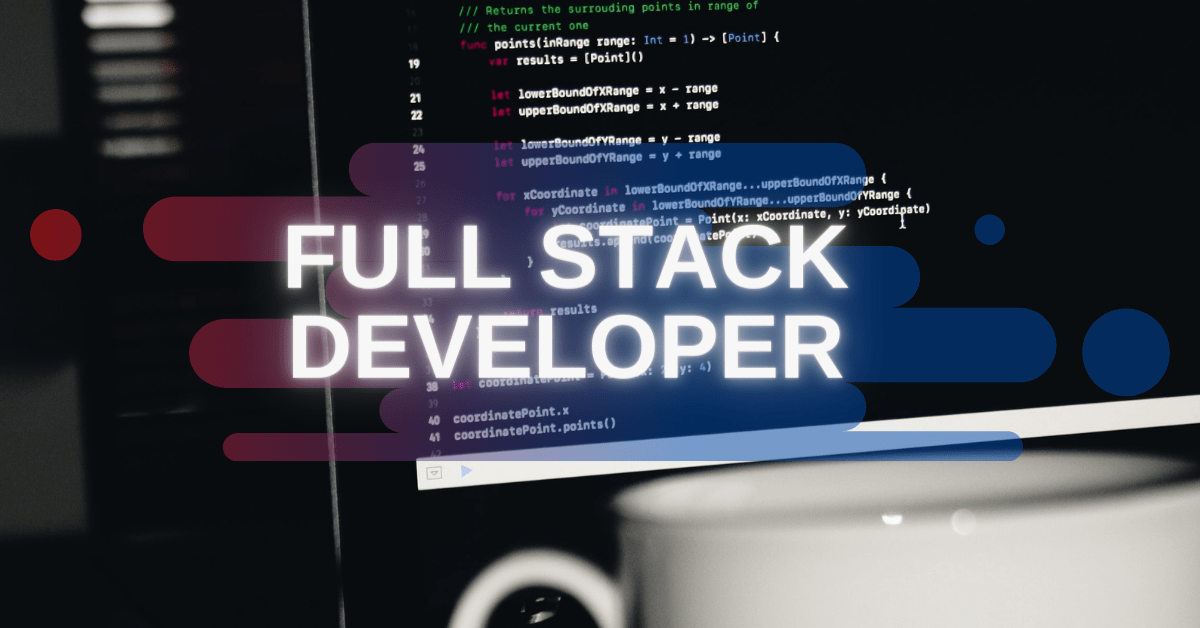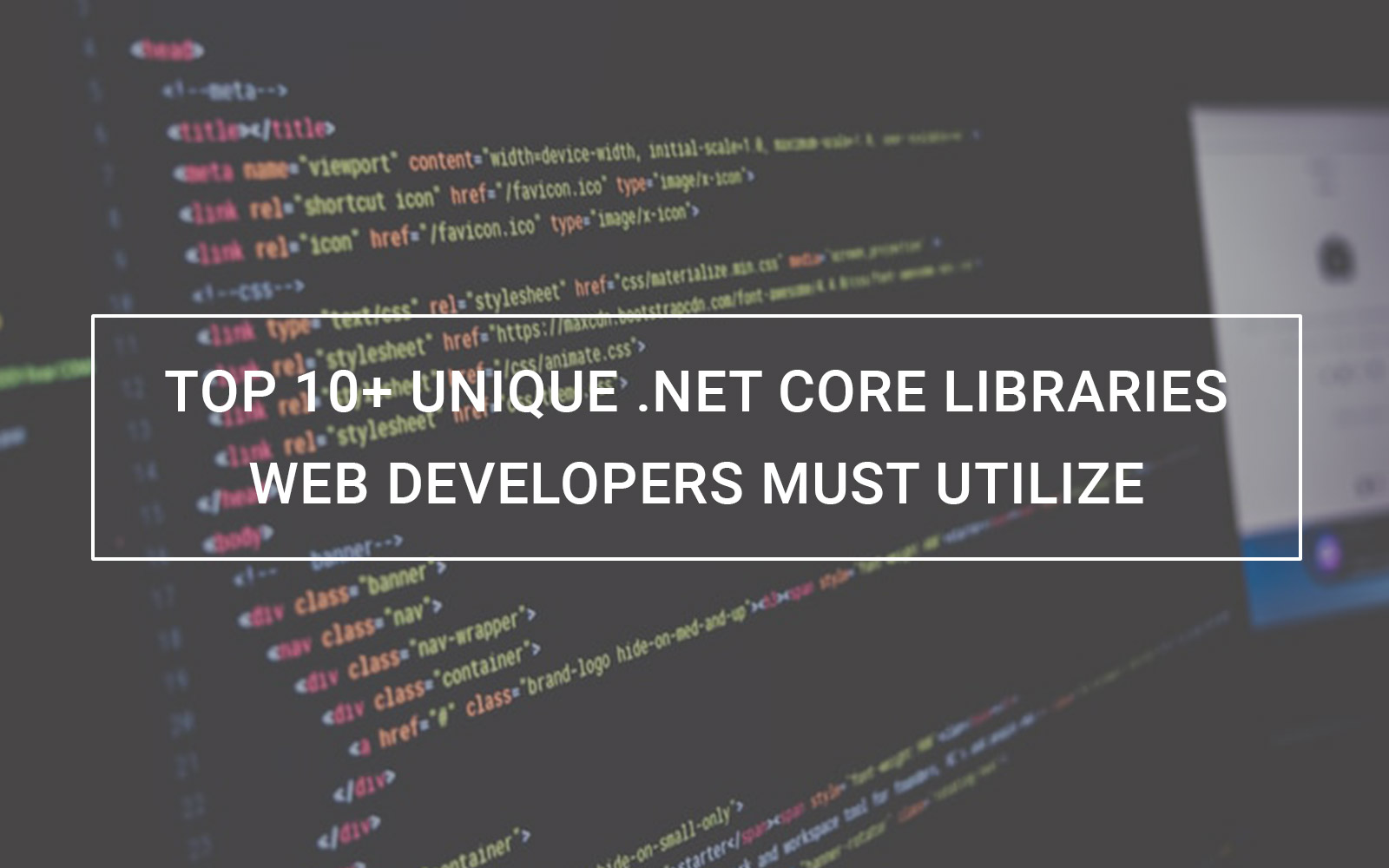By definition, a software framework is an abstraction. It provides generic functionality that additional user-written code can change selectively and result in application-specific software. It means a software framework enables developers to create and deploy an application standard ways, fast, and in a precise manner.
Therefore, a framework used to contains a set of APIs and libraries to aid developers to go fast and with ease. With these insights regarding the software framework, let me introduce you to mobile app development frameworks.
At present, we used to find four main categories of mobile applications in the market.
- The first one is native apps-based on native OS platforms like iOS and Android.
- The next one is pure mobile web apps based on mobile browsers and use web development technologies like HTML, CSS, and JavaScript.
- The third one is a hybrid app almost similar to the mobile web app in many respects, but it has access to some key features and functionality of the device’s hardware and OS running on it.
- The fourth one is a cross-platform app, which has great access to native features of hardware and OS on a mobile device. Thereby, it yields almost native-like user experiences across the devices and platforms.
Let me clarify that native app development use native technologies, tools, and frameworks. Therefore, we will not count those native frameworks here. Instead, we simply know about the native frameworks. Native iOS frameworks and Android frameworks.
Native OS platforms have some private frameworks and the rest of public frameworks. A mobile developer can access native frameworks through native IDE with integrations of these frameworks. Native OS SDKs also lead to it. It means you can access iOS native frameworks in X-Code. Similarly, Android Studio contains all you need for Android native app development. A seasoned Mobile App Development Company can provide you details regarding the native frameworks.
Cross-platform Mobile App Development Frameworks:
Today, the tendency of businesses is toward cross-platform app development more than the native app. It is because the modern cross-platform app development technologies are advanced enough to provide almost native-like UX with a single code base across the platforms and devices. So, let’s discuss cross-platform app development frameworks first.
1 – React Native
At present, React Native is a buzz in the app development market. It uses JSX, a mixture of JS and XML. It allows developers to write application logic and runs in JavaScript. React Native takes charge of View-Controller and pro-grammatically generates native views with JavaScript and its library components.
It targets the mobile OS platform rather than relying on Web View of browser. Therefore, UIs in React Native are fully native. The framework exposes the JS interface for platform-specific APIs. Thereby, it can access native OS features, and device’s hardware features just like a native iOS or Android app can.
In 2013, Facebook had propagated the framework first and leave it as an open source project to grow and develop further. The most significant thing in React Native is that it acts separately from the main UI threads. It re-renders the view whenever changes occur, and with the same update cycle that a native app has. Thus, it exhibits high performance compared to other cross-platform and hybrid apps.
2 – Ionic
Ionic is a SaaS-based open source platform. Initially, it was work on the top of Angular JS and Apache Cordova. However, the latest release changed it and re-built as a set of Web Components. It ultimately permits the developer to use any UI framework, including Angular JS, React, or Vue.js.
It supports web technologies like HTML5, CSS3, and SaaS to create cross-platform apps, desktop apps, and progressive web apps using the latest technologies, services, and tools. Apps build with an Ionic run with a mixture of native and web code. Nearly, 20% cross-platform apps are the result of Ionic framework app development.
3- Flutter
Google has created a framework for Google Fuchsia application development. It is based on Dart programming language. It runs on Dart Virtual Machine with just-in-time execution engine.
For the iOS app, Flutter uses Ahead-of-Time (AOT) compilation. With Hot Reload, source files can be injected into already running app, so changes in source code immediately reflecting in running app.
Flutter engine has written in C++ and uses Skia graphics library by Google. Moreover, it can interact with platform-specific SDKs. Flutter framework has a foundation library and designs specific widgets, including Material Design widgets and Cupertino widgets.
It doesn’t use any JavaScript bridge, and Google XD supports it. It creates a native interface on iOS and Android both and provides almost native-like experiences. Therefore, after React Native, it is a highly popular cross-platform framework among enterprises.
4- Xamarin
It is the best offering from Microsoft to the app development community to create high-end cross-platform apps using Microsoft technologies. It sets itself quite apart from rests of frameworks by using a single programming language, C#.
It uses native UI controls. So, it has access to the full spectrum of the functionality of the underlying OS platform and hardware features of the devices.
5- Mobile Angular UI
Mobile Angular UI framework resides on the top of Angular JS and Bootstrap frameworks. It is a combination to leverage the best of both worlds. Mobile Angular UI offers what is missing in Bootstrap 3.
The framework has the support of robust libraries, such as fastclick.js & overthrow.js. It is free from jQuery dependencies, as well as fat bootstrap.js. Only a few Angular JS directives are enough to get go.
Bootstrap enables to create fully responsive, and touch-enabled user interface running across the devices.
6- JQuery Mobile
We know the aim of the design of jQuery, a JS library. It simplifies HTML DOM tree traversal & manipulation. It also manages events, CSS animation, and AJAX. The differentiate of the framework is that it provides apps, which are performing consistently on any mobile OS platform.
Therefore, enterprises are adopting it for BYOD application development. It has a Theme Roller functionality to create themes automatically without writing any code at all. It requires knowledge of standard web development technologies like HTML5, CSS3, and JavaScript.
7- NativeScript
The Native Script framework allows developers to create native-like user experiences and interfaces. You can use Angular JS, Type Script, and even JS because of the code in any programming language trans-piles into JavaScript.
Apps developed using the framework has the same APIs you find in apps developed with X-Code. It means it is more native-like than you go with other frameworks. Moreover, it allows repurposing of any 3rd party library without depending on native wrappers.
It uses XML data structure for cross-platform abstraction. Thus, it can directly interact with native platform elements. The source code directly runs on the device and eliminate needs for cross-compiling or trans-piling. Another great feature is the native API reflection to manage native API endpoints.
8- Sencha Touch
It is an enterprise-grade framework. It uses HTML5 and CSS3 like web technologies to create cross-platform apps.
It is JavaScript library at the core and created keeping mobile web in mind. It is an amalgamation of Ext.js, jQ Touch, and Raphael as the combination. It follows the MVC paradigm and provides rapid development.
The Sencha Touch has a built-in DOM manipulation interface and GUI-based controls. It also provides tons of UI components to create advanced mobile app befitting into native app UX. It has in-built transition effects and supports touch gestures. It offers to chart components to make effective presentations of data.
Besides, Ext JS, Ext React, Ext Angular, GXT, Sencha Test, and Sencha Themer are supportive frameworks to augment the functionality of Sencha Touch further.
Hybrid Mobile App Development Frameworks:
We know the limitations of hybrid mobile applications against cross-platform apps. However, in certain circumstances, hybrid apps are the best choice; thereby, it is getting momentum in the present days. Let’s see two basic and classic hybrid app development frameworks, which are also at the base of other cross-platform frameworks and app development to create native wrappers.
9- Adobe PhoneGap
It is the real ancestor of all present cross-platform or hybrid app development frameworks. Creating an app with PhoneGap means dealing with web APIs and WebView in particular. It wraps source code in the native app shell/wrappers to access the native OS and hardware features to some extent.
Therefore, performance issues remain with them. It offers multi platform validation functionality. It is very easy to use the framework with some basic web development skills.
10- Appcelerator Titanium
It considers as a better solution than PhoneGap. It has Titanium Studio as a rich IDE with development tools and Titanium SDK to do rapid app development. With Alloy, you can go fast in development and get a highly compact yet functional code at the end. If you have been with Xamarin and PhoneGap, you will experience a mixture of both environments in Titanium.
At the End:
Frameworks are indeed essential to creating cost-effective and functional mobile applications, but the right selection of a framework is daunting. If you have a team of seasoned cross-platform app developers with extensive experiences in different frameworks, it makes a choice easy.
M-connect Solutions has an impeccable team for high-end mobile app development. You can opt for their consultancy before jumping on the board. They will help you make a choice and also deliver highly cost efficient cross-platform app for your enterprise or business.
About Hemant Parmar
Hemant Parmar is an eCommerce expert and a keen Magento consultant who specializes in meeting the needs of businesses in the e-commerce space. Years in the eCommerce market make him a perfect choice for sharing his expertise on eCommerce and Magento 2 development. He believes that customers need to be met no matter how challenging it might be.
Read More




